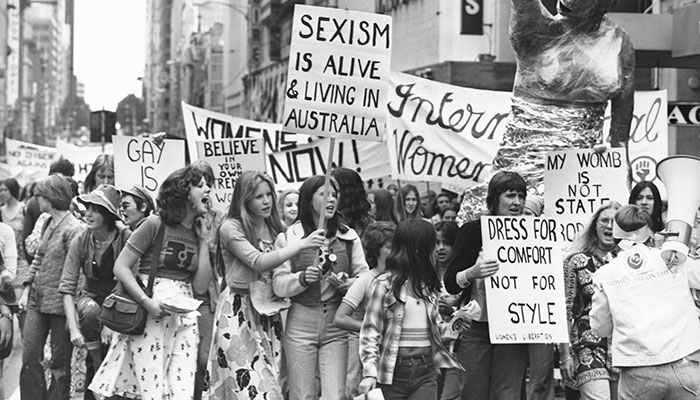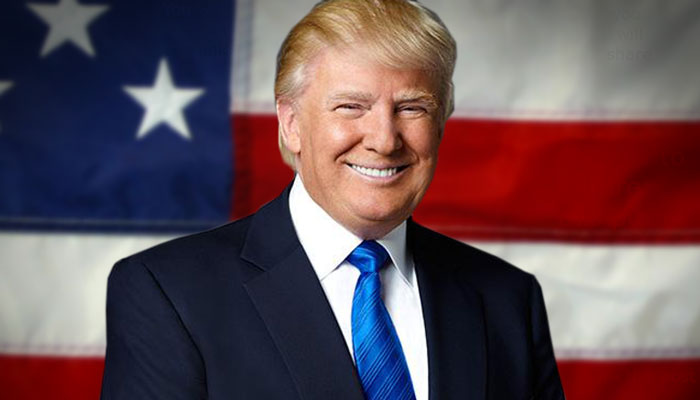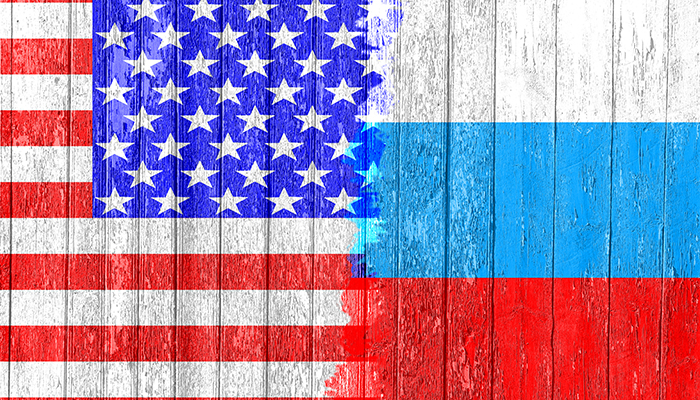GEOPOLITICS
From Obama to Trump, the Arab Spring to Isis, a decade that began with hope has ended in mounting global insecurity, writes Francesco Stolfi, of Macquarie’s Department of Modern History, Politics and International Relations.
The decade that is about to close began with the inauguration, on January 4, 2010, of the Burj Khalifa skyscraper in Dubai, the tallest man-made structure to this day. As the year drew to its end, another quite different event took place: on December 17, 2010, Mohamed Bouazizi, a street vendor in Tunisia, set himself on fire to protest the confiscation of his wares by the authorities, setting in motion the ‘Arab Spring’, a wave of uprisings that swept through the Arab world until it reached Syria in early 2011.
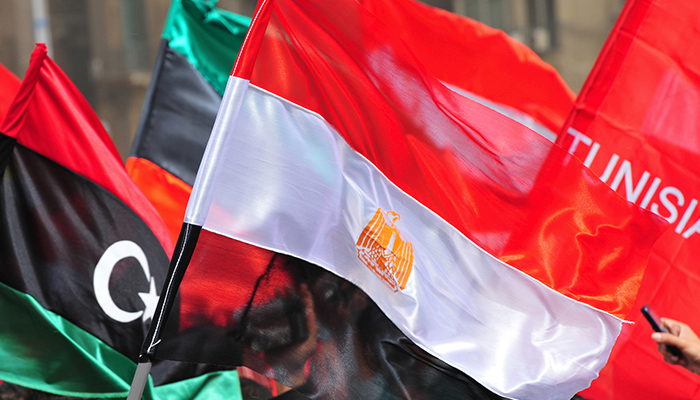
Wave of protests: Beginning in 2010, the civil unrest that swept the Arab world ended up toppling the governments of Tunisia, Egypt, Libya, and Yemen.
In mid-2011, as Syria became engulfed in an increasingly vicious civil war, a relatively small Islamist outfit started to send its operatives in. Less than two years later, this outfit had declared itself the Islamic State of Iraq and Syria, or ISIS.
The events that opened and ended 2010 encapsulate the hinge nature of that year. If the 2000s had been a difficult decade, marked by mounting personal, economic and environmental insecurity on a global scale, they also held hope for positive change through politics. In 2009 Barack Obama was elected President of the United States on a message of hope, and the Arab Spring itself was an attempt by politically engaged masses to steer Arab countries away from authoritarianism.
In a couple of years, though, the dream of the Arab Spring would give way to the horrors of ISIS, while in the United States the hope embodied by Obama was to fade, sour and eventually lead to the election of Donald Trump in 2016.
What went wrong?
Political instability has finally taken centre stage in the last decade, and since inequality shows no sign of abating, we should expect more instability in the coming decade.
A fil rouge runs from the Burj Khalifa skyscraper in Dubai, a celebration of human achievement in the high temple of consumerism, to the self-immolation of Mohamed Bouazizi, and that is the global rise of inequality. In non-democracies, elites have tightened their grip on political power and resisted any attempts to redistribute power and economic opportunities. In the West, inequality has been rising since the late 1970s, and its political manifestation has been increased voter polarisation.
In many advanced democracies, the traditional left has been wrongfooted by its embrace of free markets even as globalisation, technological change and, as argued by French economist Thomas Piketty, the sheer process of capital accumulation have concentrated income and wealth to levels not seen for a century.
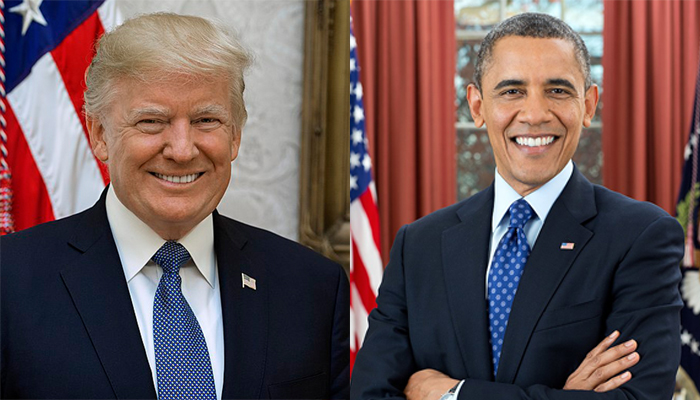
Separate nations: US President Donald Trump has embraced nationalism with his slogan 'Make America Great Again', whereas his predecessor, Barack Obama, rose to power by promising 'hope and change'.
Democratic politics has not been able to produce effective policies to address the widespread sense in many Western countries that the avenues for economic and social advancement that existed for previous generations are now all but closed.
In the past decade, the failure of mainstream parties has combined with the rise in immigration from countries with extreme inequality to produce major political realignment, exemplified by the working class vote for Trump in the United States or for pro-Brexit Conservatives in Britain, and a weakening almost everywhere of the norms that have regulated public discourse since World War II.
More instability ahead, but Australia holding steady
When the Soviet Union fell, Francis Fukuyama famously wrote that the ‘the end of history’ had arrived, meaning that the big political conflicts of modernity had finally come to an end with the collapse of Communism and the victory of capitalism. He was wrong, in that the world has amassed more and more of the fundamental fuel of political conflict: inequality.
Political instability has finally taken centre stage in the last decade, and since inequality shows no sign of abating, we should expect more instability in the coming decade, whether in the form of further violent unrest in non-democracies or the further weakening of the post-World War II political order in established democracies.
In spite of what one might think looking at the succession of short-lived governments in recent years, Australia has largely been spared this global wave of political instability, not least because inequality here has increased less than in the rest of the world’s most advanced economies.
It is the responsibility of the parties, and even more of voters, to ensure that Australia does not follow in the path of other established democracies, both economically and politically.
Francesco Stolfi is a Lecturer in Public Policy in the Department of Modern History, Politics and International Relations.
A Decade in Review:
- Health and Medicine - How drugs and treatments developed in the 2010s are improving the outlook for sufferers of diseases from melanoma to cystic fibrosis.
- The Environment - Drought, fire, smoke-filled skies and record heat "usher out a decade of inaction on the environment."
- The Economy - Major advances in information and communications technologies such as Uber, Airbnb and Amazon are threatening traditional business models.

